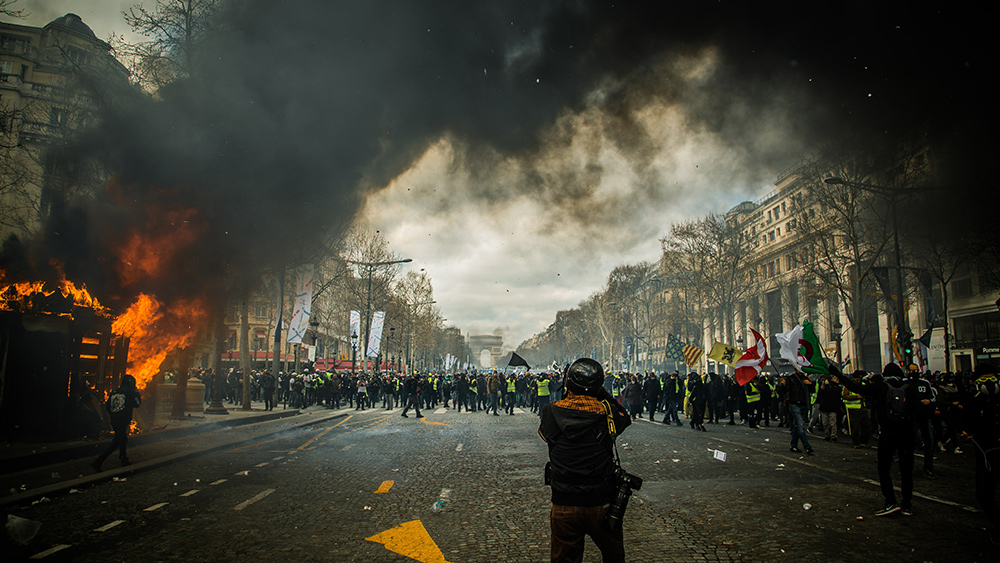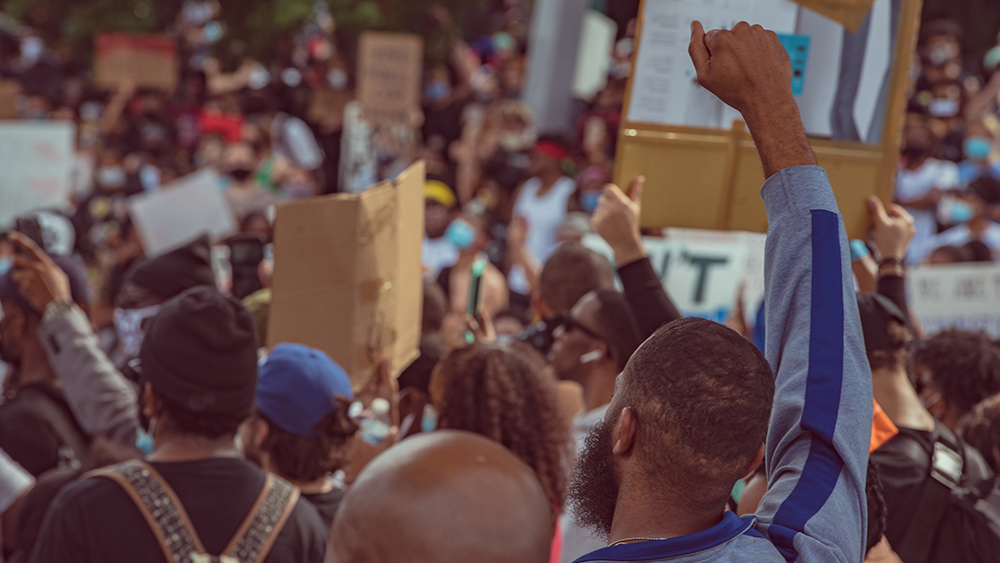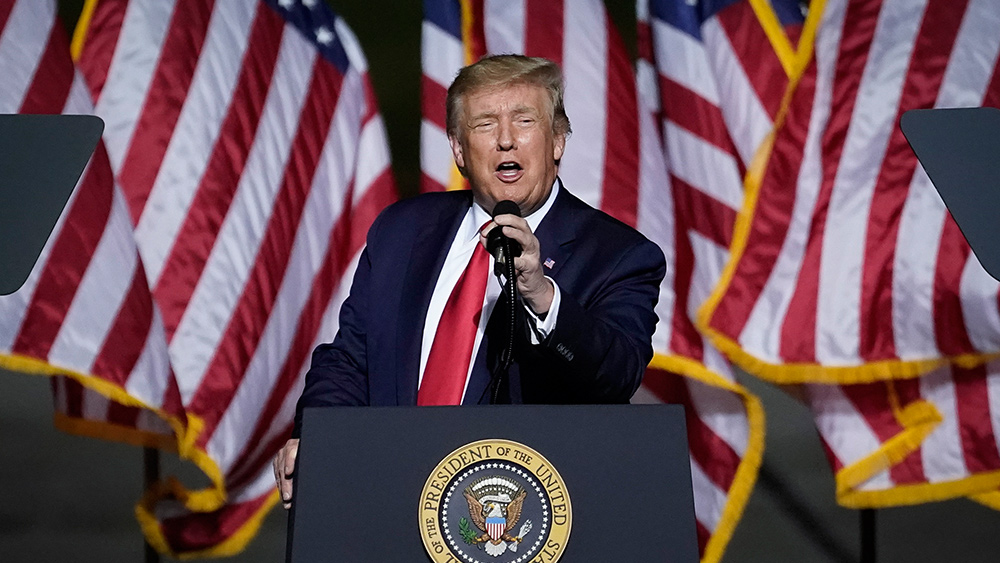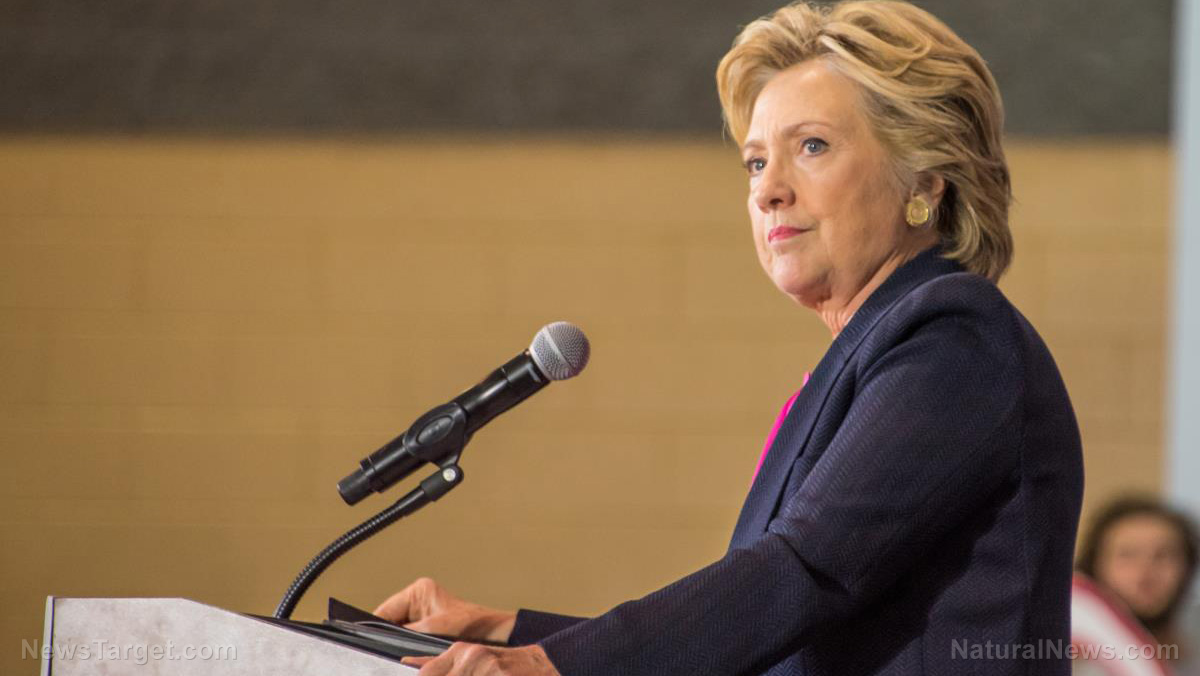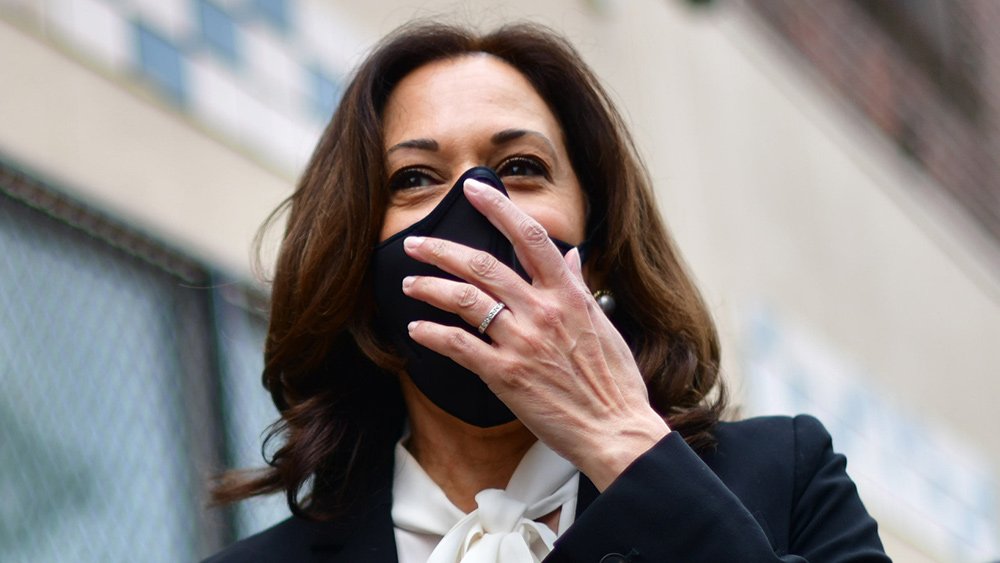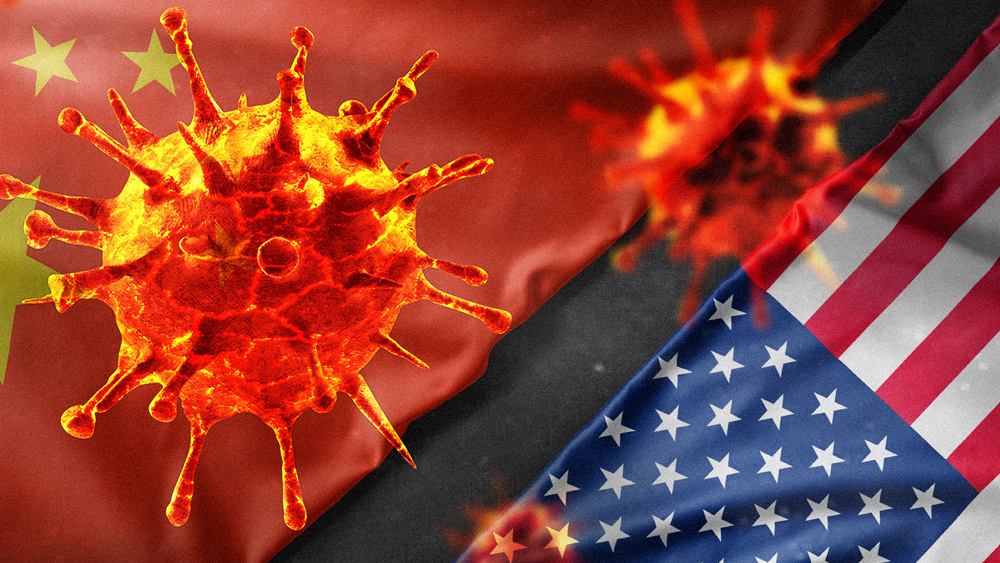Chinese Communist Party ramps up surveillance in the guise of fighting coronavirus pandemic
10/19/2020 / By Ramon Tomey

The Chinese Communist Party (CCP) has intensified its surveillance efforts on Chinese citizens, taking advantage of the coronavirus pandemic to do so. Collaboration between local security bureaus—similar to police departments—and medical institutions such as hospitals made bolstered surveillance efforts possible.
According to leaked documents, security bureaus obtained broad powers to collect health data and track citizens’ movements as part of efforts to stop the spread of the coronavirus.
Local security bureaus used three main methods to gather data from citizens: interviews with citizens, facial recognition cameras and health code apps. The first method saw widespread use in Beijing, when it experienced a new wave of infections in June. Authorities interviewed people who had visited the local Xinfadi market and recorded their results, and health officials then collected biological samples from these “high-risk people.”
Facial recognition cameras also played a significant role in the CCP’s efforts to address the pandemic. The Wenshang County security bureau announced in a post on social media that it finished installing high-resolution facial recognition cameras in several public places such as hospitals, health centers and supermarkets. The bureau demanded that these locations strengthen efforts in keeping the cameras online as captured footage would be used for “epidemiological investigations.” (Related: Evil tech giants planning China-style “social score” rollout across America; red-flagged people to be denied access to restaurants and public events.)
The Shanghai security bureau followed suit: In a March 13 announcement, it demanded the city’s health facilities install facial recognition cameras that can spot people’s faces even though they wear a face mask. It also requested that the health facilities purchase a system that could pass on data to authorities.
Security bureaus also used health code apps, developed by local police departments in some areas, to track people’s movement. In February, Chinese state-run media reported the security bureau for Hure Banner in Inner Mongolia had successfully expanded an existing registration system to keep track of people coming in and out of the region to a QR code system. The report also mentioned that the QR code tracking system will be used at all “medical institutions” in Inner Mongolia.
The CCP utilized the pandemic to extend police presence in medical facilities
Aside from utilizing technology to track citizens, the CCP also took the pandemic as an opportunity to extend the presence of security bureaus in medical facilities.
In February, the security bureau of Changbai County in the northeastern province of Jilin posted on its Weixin account that it stationed officers at the county’s hospital 24 hours a day to maintain “strong stability”—a term used by the CCP to refer to controlling local populations.
Later in June, the Beijing municipal government’s health commission issued an order mandating local disease prevention centers to send a staff member to the city’s local security bureau. It also ordered centers to report “basic information regarding all infection cases” to the bureau immediately.
According to the health commission, the order was designed to “facilitate communication” so people who came into contact with individuals infected with the coronavirus can be better tracked down.
Surveillance on citizens a contested issue evan before the pandemic started
According to Chou Kuan-ju, project officer at the non-government organization Taiwan Association for Human Rights, tracking people’s movements in public places brings up privacy concerns. In an email to The Epoch Times, Chou put forward a number of questions regarding the surveillance: whether the methods used to surveil citizens were proportionate, whether the minimum data needed to contain the pandemic was being collected, and whether authorities would delete or retain the data they collect.
She also expressed concern about a means for citizens to challenge government decisions made through the tracking systems. “Once the surveillance tools are built, it might be hard to stop it in the future,” she Chou warned.
Sure enough, Chou’s warning came true as top U.S. universities are planning to create a coronavirus tracking app to assign “scores” on their students. An April report mentioned the University of Southern California, Emory University and the University of Texas as the first educational institutions to use tracking apps, similar to how the Hure Banner security bureau developed a coronavirus tracking app for citizens in Inner Mongolia.
Surveillance technologies such as tracking apps and facial recognition cameras used to address the pandemic can give rise to a number of issues involving privacy and illegal data use if not addressed properly.
Sources include:
Tagged Under: CCP, CCP surveillance, China, Chinese Communist Party, citizen surveillance, contact tracing, coronavirus, Coronavirus pandemic, covid-19, covid-19 pandemic, Facial recognition, facial recognition cameras, health freedom, medical fascism, medical police state, Orwellian, pandemic, privacy, right to privacy, SARS-Cov2, security bureaus, surveillance, tracking, tracking apps, Tyranny, Wuhan coronavirus
RECENT NEWS & ARTICLES
COPYRIGHT © 2017 PENSIONS NEWS


